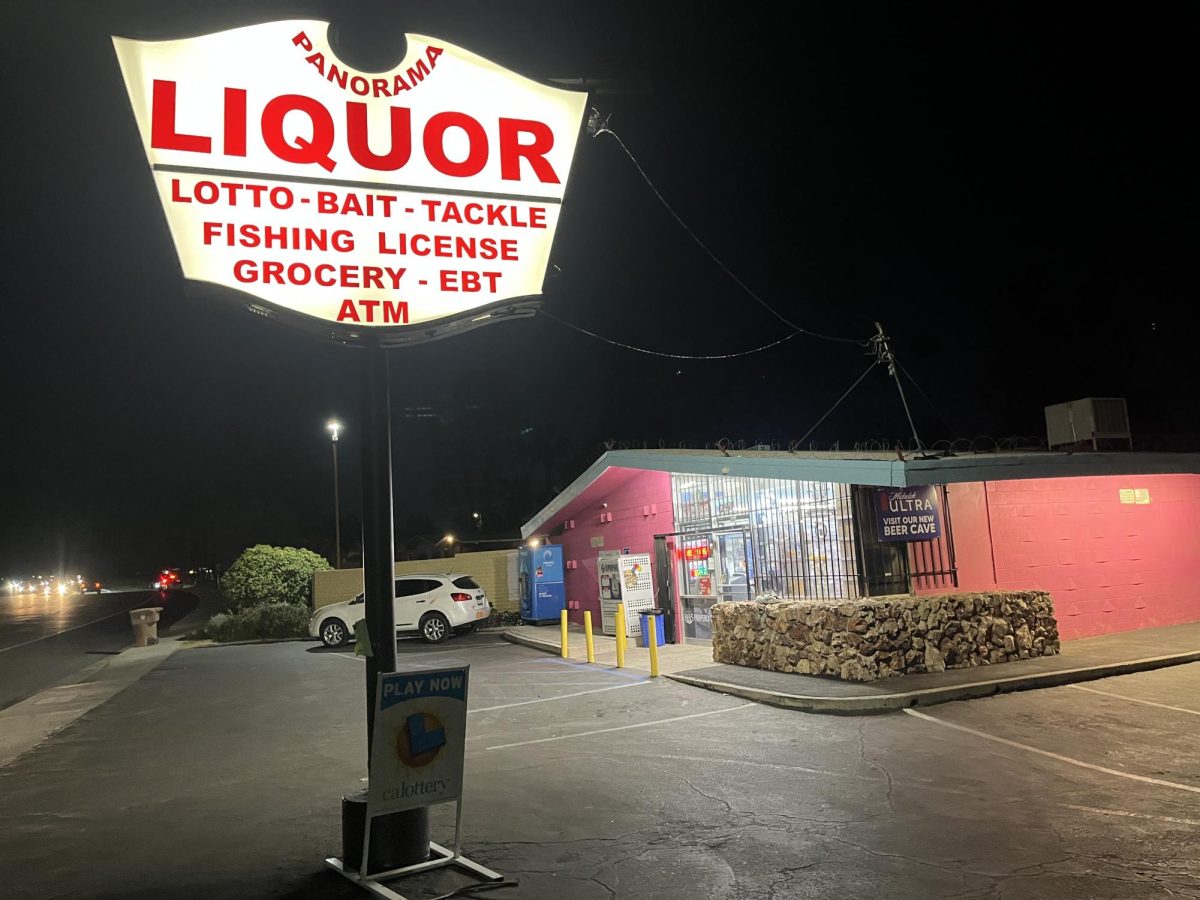Reporter
I am blind, but I can see. I have albinism: a genetic condition that causes a lack of pigment in the hair, skin, and eyes.
Albinism also causes a visual impairment because some of the essential pigments in my eyes are missing.
Whereas perfect vision is 20/20, mine is 20/200 with glasses, which qualifies me as legally blind. Having a visual impairment on a college campus can be a challenge. I have to plan ahead perhaps more than the average student.
This involves buying my books early in order to have them scanned and converted into e-text that I can enlarge on my computer, and walking to my classes a few times before school starts so that I know where they are.
I am thankful for all of the technology that helps me with my schoolwork. Even with electronic aids though, academic success can take significant dedication, flexibility and effort.
Bernadette Madrid, a graduate student of educational counseling, said that her most challenging class was statistics.
“I must have spent a minimum of five hours a day on that class alone and, in addition, had two tutors…I ended up getting an A-minus, so all the hard work paid off,” she said.
Aside from trouble with reading handouts and white boards, social situations can sometimes be challenging.
“There’s an aspect to communication that a person with a visual impairment is missing out on. A lot of times people are clueless, and it’s not because they’re thoughtless…They don’t have anything to relate to,” said Eugene Frey, who is majoring in computer science.
People are not always aware of my visual impairment, so they might think it’s strange when I don’t know who they are if they greet me on-campus, or if I have to nearly touch my nose to a poster on the wall in order to see it.
It’s easy to be self-conscious when my own behavior seems like it deviates from what is considered “normal.”
“It makes me stand out… and I think generally people don’t want to be the spectacle of attention,” Frey said of his own behavior.
Another challenge occurs when people do notice my “blindisms” but don’t know how to approach me.
“I know they want to ask questions, but they feel that they don’t have the right to, but I always encourage them to ask,” said Madrid.
It’s flattering when someone wants to know more about me, and I’m usually happy to answer any questions that people have.
As a person with a fairly rare condition, I feel that part of my purpose is to increase awareness and understanding whenever I can.
I can’t help but stand out, so my mission is to stand out in a positive way on my campus and in my community.
*** CSUB’s Services for Students with Disabilities will host an event to celebrate National Disability Awareness Month on Thursday, Oct. 1 from 10 a.m. to 2 p.m. on the Student Union Patio.




